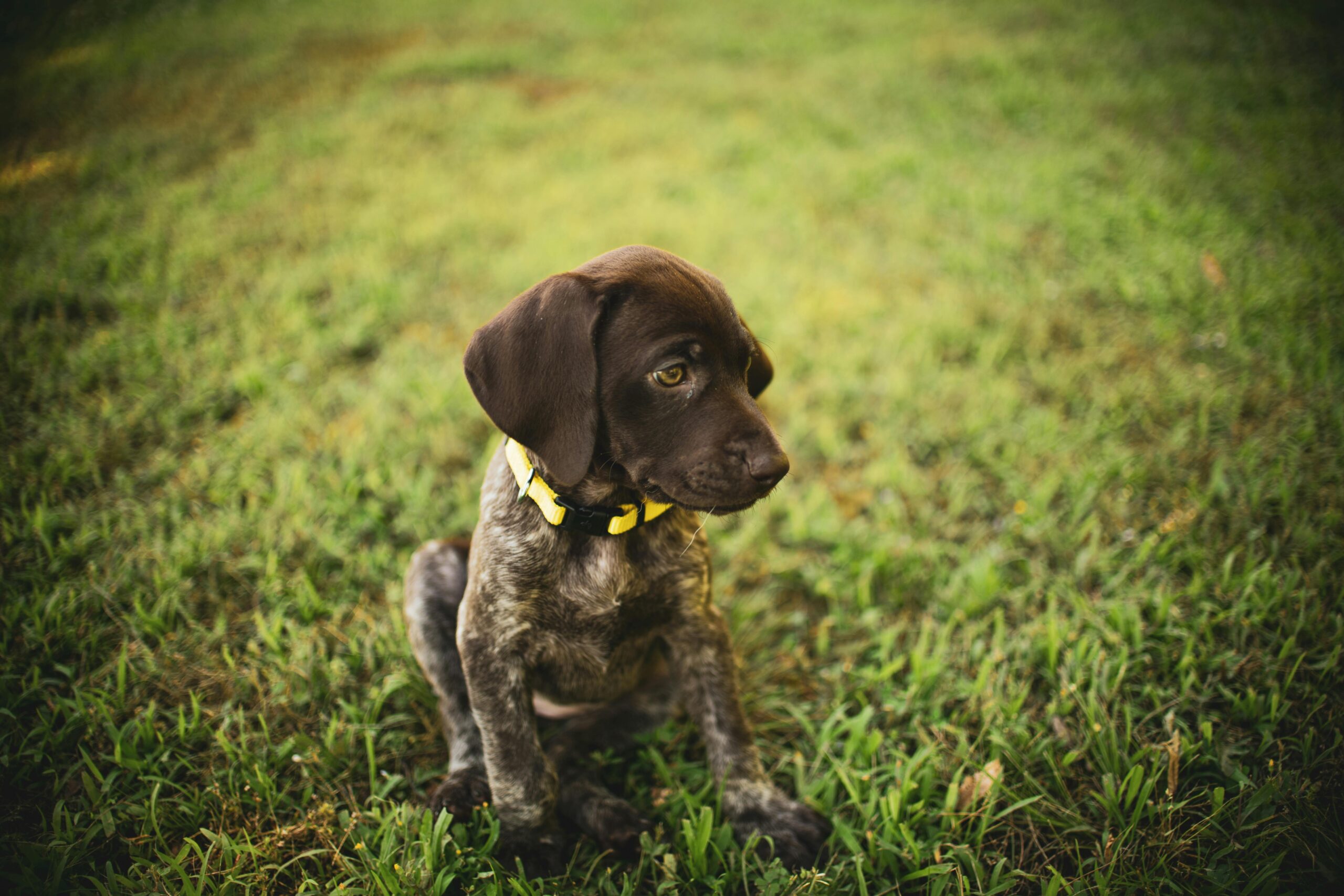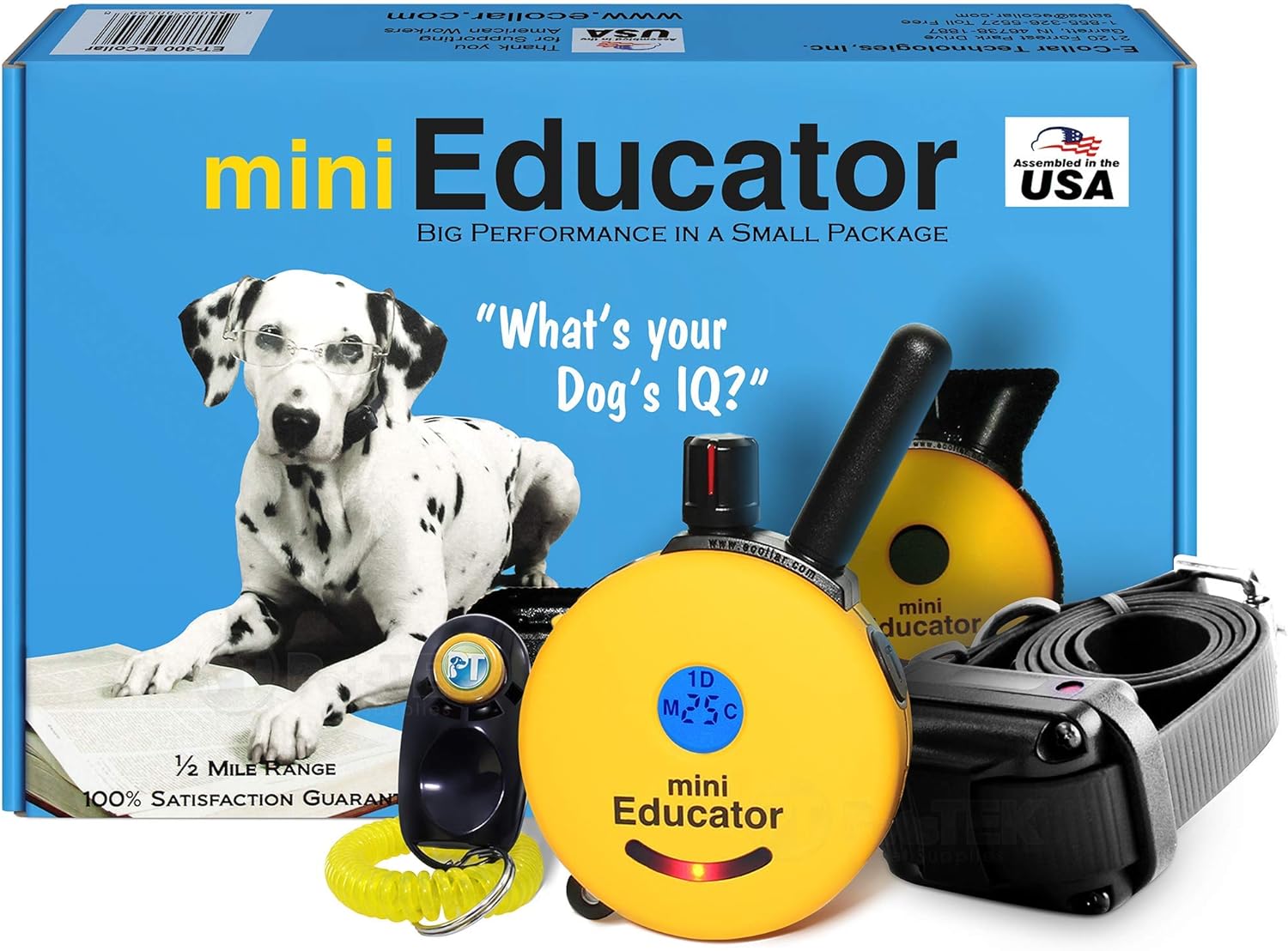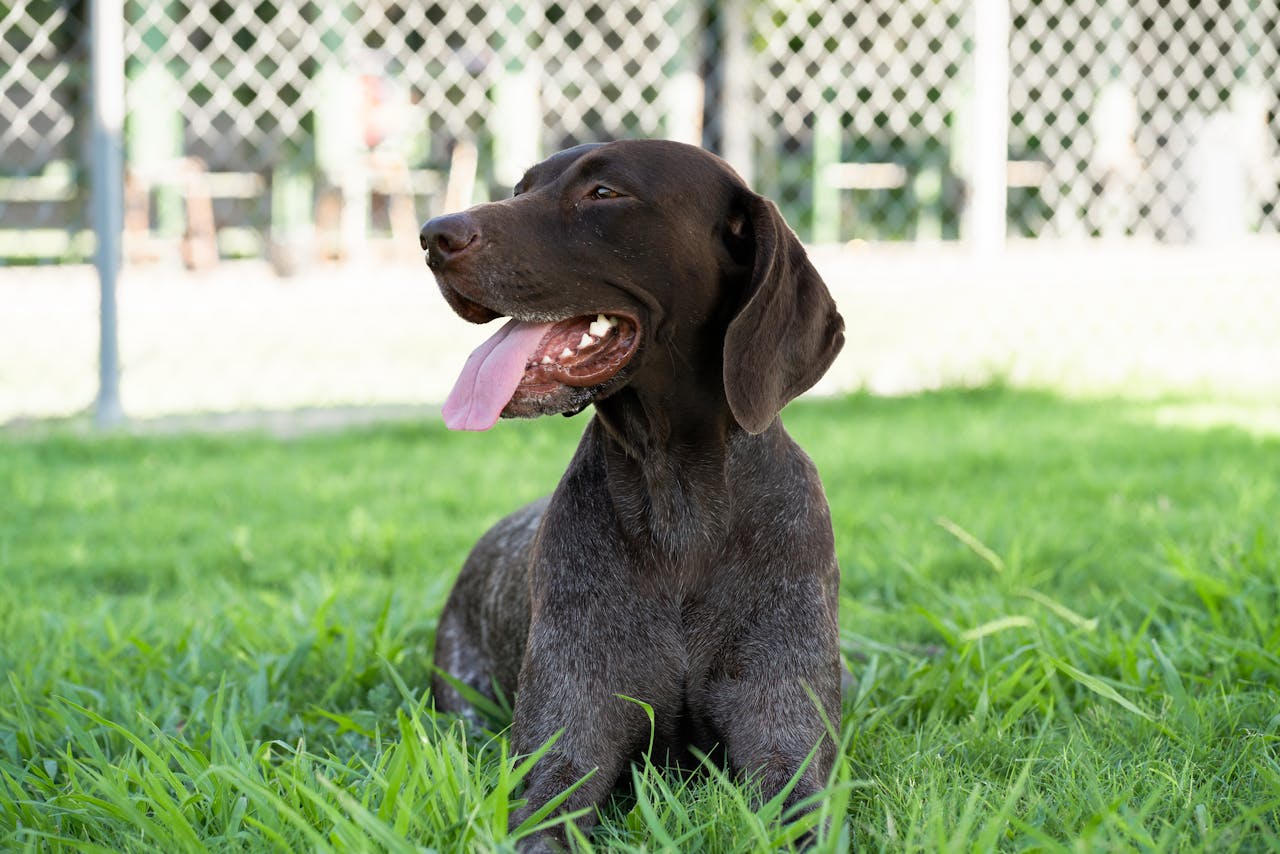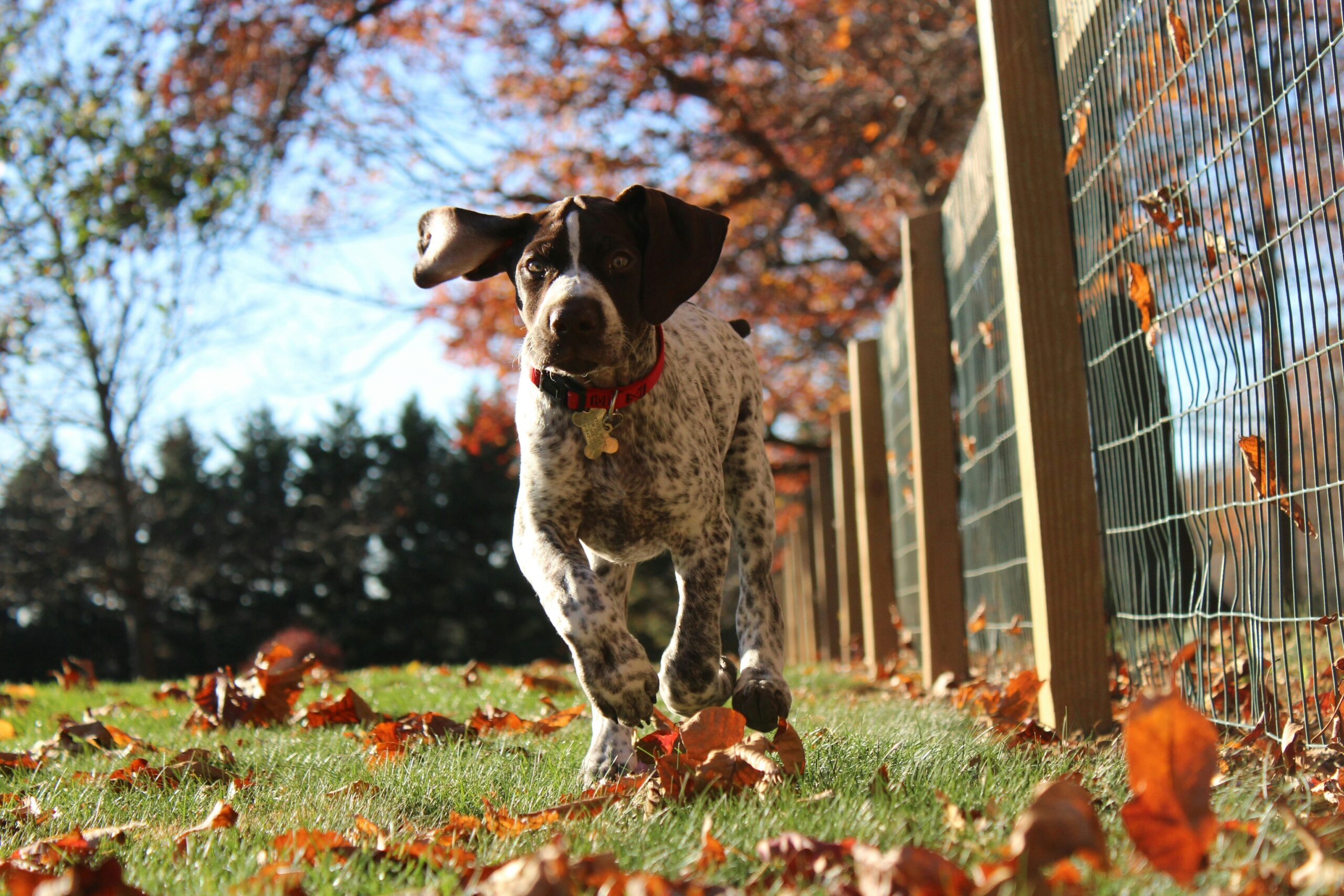Welcoming a German Shorthaired Pointer puppy into your home is an exciting experience. These intelligent and energetic dogs have the potential to become wonderful companions, but proper training is essential to shape their behavior and build a strong bond. In this article, we’ll discuss five key training exercises that will help mold your German Shorthaired Pointer puppy into a well-behaved and loyal adult dog.
5 Essential Training Exercises for German Shorthaired Pointer Puppies
Socialization
Early socialization is crucial for German Shorthaired Pointer puppies to develop into well-adjusted adult dogs. Introduce your puppy to various people, animals, and environments in a positive and controlled manner. Arrange playdates with other friendly dogs, invite visitors to your home, and take your puppy to new places such as parks, pet stores, and busy streets. Positive interactions during the socialization period will help your puppy learn how to behave appropriately in different situations and build confidence.
Basic Obedience
Teaching basic obedience commands such as “sit,” “stay,” “come,” and “heel” lays the foundation for good behavior and communication between you and your German Shorthaired Pointer puppy. Use positive reinforcement techniques such as treats, praise, and play to reward desired behaviors and encourage learning. Keep training sessions short, fun, and consistent to prevent your puppy from becoming bored or frustrated. With patience and persistence, your puppy will quickly learn to respond to your commands and become a well-mannered companion.
Crate Training
Crate training is a valuable skill that provides your German Shorthaired Pointer puppy with a safe and comfortable space of their own while preventing destructive behaviors and promoting house training. Introduce your puppy to their crate gradually, using positive reinforcement to create positive associations. Start by feeding meals and providing treats inside the crate, gradually increasing the amount of time your puppy spends inside. Be patient and never use the crate as a form of punishment. With patience and consistency, your puppy will learn to love their crate as a den-like retreat.
Housetraining
Housetraining is an essential aspect of puppy training that requires patience, consistency, and positive reinforcement. Establish a regular schedule for feeding, potty breaks, and playtime to help your German Shorthaired Pointer puppy learn when and where to eliminate. Take your puppy outside frequently, especially after meals, naps, and play sessions, and praise them lavishly when they potty in the appropriate spot. Accidents are inevitable during the housetraining process, so be patient and avoid punishment. With time and diligence, your puppy will learn to potty outside reliably.
Leash Training
Proper leash training is essential for German Shorthaired Pointer puppies to become well-behaved walking companions. Introduce your puppy to a leash and collar gradually, allowing them to become comfortable wearing them before attempting to walk on leash. Start by walking indoors or in a quiet, familiar environment, using treats and praise to encourage your puppy to walk beside you without pulling. Be patient and consistent, gradually increasing the duration and difficulty of walks as your puppy becomes more confident. With time and practice, your puppy will learn to walk politely on leash, making walks an enjoyable experience for both of you.
Conclusion
Training your German Shorthaired Pointer puppy is an investment in their future as a well-behaved and loyal companion. By focusing on socialization, basic obedience, crate training, housetraining, and leash training, you can lay the groundwork for a strong bond and a lifetime of happiness together. With patience, consistency, and plenty of positive reinforcement, your German Shorthaired Pointer puppy will grow into a well-mannered adult dog that brings joy to your life every day.




Leave a Reply